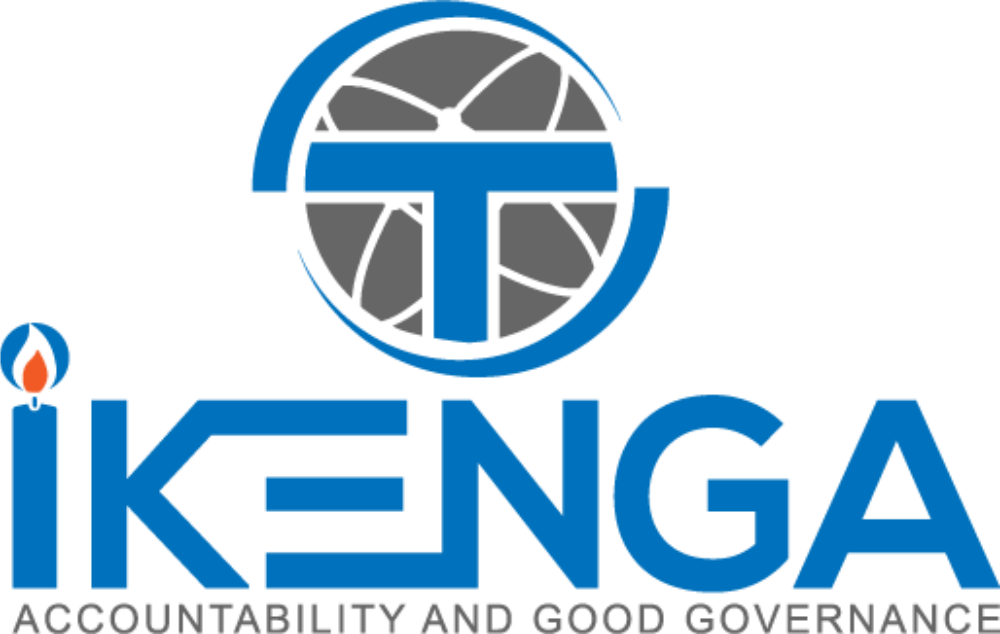
According to Wikipedia, water is the most plentiful compound on earth and very essential to life.
It is expected that as the earth’s population grows, the demand by humans for potable water will increase and this could explain the current water situation in Enugu city, a former capital of Old Eastern Region with an estimated population of over 1.5million residents and a major industrial hub in Southeast, Nigeria.
In January, 2020, the state government declared a state of emergency on the Water Sanitation and Hygiene (WASH) sector.
This declaration was followed by the inauguration of an 18-member Inter-ministerial Committee on the Implementation of WASH Action Plan in the state.
In spite of this commendable move, the state government institutions have not taken serious measures to mitigate the water problem in the city. Hence, the taps dried up!.
Recently, the patience of most resident of the city appeared to have reached its breaking point as they took to Twitter to register their frustrations, sharing pictures of students on long queues waiting for water and children trekking long distances to get water.
With the #NowaterinEnugu, some Twitter users drew the attention of the general public to the fact that in spite of the several water projects reportedly initiated by the state government under Gov. Ifeanyi Ugwuanyi, water scarcity has remained a major problem in the state.
The state government in January 2021 announced the award of a N600 million contract to FordMarx Nigeria Limited for the rehabilitation of the 9th Mile Crash Programme.
The Special Adviser to the Governor on Water Resources, Mr Anthony Oniya disclosed that the contract will be solar powered and expected to boost the volume of water being reticulated from Oji River, Ajali and Iva Water schemes to Enugu metropolis.
According to him, the project is a network of 12 boreholes connected to a pumping station and a mini treatment plant that will reticulate water to Enugu metropolis through transmission pipelines.
Onyia severally reassured residents of the state that the issue of inadequate water supply will soon become a thing of the past. Sadly, residents of the capital city have continue to experience water scarcity in spite of several promises by the state government.
The situation is usually worst at the peak of the dry season and families that cannot buy water from vendors that come from 9th Mile are left with no other option than to rely on groundwater polluted by coal mining sources.
Meanwhile, Onyia said that the issue of inadequate water supply is one of the major challenges of the current administration but again, assured residents of the capital city that the state government is doing a lot with the lean resources at its disposal to address it.
According to him, some areas in Enugu metropolis such as Iva Valley, GRA, New Haven, Ogui/Asata, Uwani, parts of Achara Layout, Abakpa Nike, Trans Ekulu, Independence Layout and Thinkers Cornerenjoy potable water supply.
“The state government has commenced comprehensive rehabilitation of the 9th Mile Crash Programme, with solar powered boreholes to ensure adequate supply of potable water from Oji River, Ajali and Iva Water schemes to Enugu metropolis and a contract of N600 million was recently awarded to FordMarx Nigeria Limited for the rehabilitation of the 9th Mile Crash Programme,” he said.
He revealed that the state government has commenced the bid opening and evaluation meeting for new Okwojo Ngwo boreholes augmentation to Enugu metropolis, adding that the move will boost the volume of water being reticulated from the ageing water schemes in Enugu metropolis.
“The Okwojo Ngwo boreholes augmentation to Enugu metropolis is a network of 10 solar powered boreholes newly conceived to boost water production for the newly awarded 9th Mile Crash Programme.
“It will equally augment the existing water schemes in order to effectively manage and meet the demands of the growing population of Enugu metropolis”, he said.
Onyia said that the state government has constituted the Board of Enugu State Water Corporation to vigorously drive the state government’s sustained programmes towards ensuring adequate supply of potable water in the state.
However, analysts are of the view that no well meaning administration should struggle to provide its citizens with potable in this 21st Century.
Therefore, the state government has to, as a matter of urgency, deal with this perennial water scarcity and not continue to make media publications about contracts awarded and ongoing rehabilitations.
